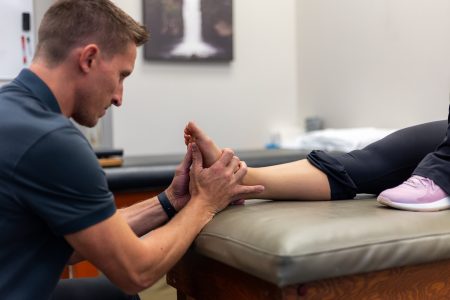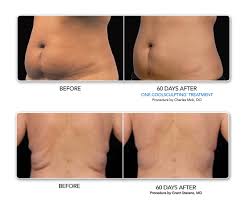In today’s digital age, we’re all spending more time in front of screens. Whether it’s for work, entertainment, or socialising, the constant exposure to blue light from phones, computers, and TVs has raised concerns about its impact on our eyes and overall health. This has led many people to turn to blue light glasses or blue block glasses as a solution. But do these glasses actually work? Let’s explore the science behind them and determine if they’re really worth the investment.
Understanding Blue Light and Its Effects on Our Eyes
What is Blue Light?
Blue light is a type of high-energy visible (HEV) light emitted by digital screens, LED lights, and even the sun. It has a shorter wavelength than other visible light, which means it carries more energy.
How Blue Light Affects Our Eyes
Extended exposure to blue light can lead to digital eye strain, causing symptoms such as:
- Dry eyes
- Blurred vision
- Headaches
- Difficulty sleeping
While blue light from screens isn’t directly harmful to the eyes, overexposure can cause discomfort and may disrupt your sleep cycle by interfering with melatonin production.
How Do Blue Light Glasses Work?
The Science Behind Blue Light Glasses
Blue light glasses, or computer glasses, are designed to filter out a portion of the blue light emitted by digital devices. These glasses typically have special coatings or tinted lenses that reduce blue light exposure, which can potentially alleviate the symptoms of digital eye strain.
Benefits of Wearing Blue Block Glasses
- Reduced Eye Strain: By blocking some blue light, these glasses help reduce the discomfort associated with prolonged screen time.
- Improved Sleep: Blocking blue light, particularly before bed, can help improve sleep quality by preventing disruption of your circadian rhythm.
- Enhanced Comfort: Many people report less glare and greater comfort when wearing blue light glasses during long screen sessions.
Do Blue Light Glasses Actually Work?
The Evidence Behind Blue Light Glasses
Research on the effectiveness of blue light glasses is still evolving. Some studies suggest that these glasses may help reduce digital eye strain and improve sleep quality, while others find minimal impact.
- A 2017 study published in the journal Optometry and Vision Science found that wearing blue light-blocking glasses did reduce eye strain.
- Another study from the American Academy of Ophthalmology states that there is no significant evidence that blue light contributes to long-term damage, though it can cause discomfort.
Factors That Influence Effectiveness
- Lens Quality: The effectiveness of blue block glasses depends on the quality of the lens and the percentage of blue light they block.
- Screen Time: The longer you’re exposed to screens, the more likely you’ll experience symptoms of eye strain. Blue light glasses can offer relief, but the best approach is to take regular breaks from screens.
Are Blue Light Glasses Worth It?
Pros of Blue Light Glasses
- Prevents Digital Eye Strain: They can reduce discomfort caused by hours of screen time, making them beneficial for individuals who work on computers all day.
- Improves Sleep Quality: Blocking blue light from screens can help you sleep better, especially if you wear the glasses in the evening.
- No Prescription Needed: Many blue light glasses are available over-the-counter, so you don’t need a prescription to start using them.
Cons of Blue Light Glasses
- No Miracle Cure: While blue light glasses can reduce strain, they aren’t a one-size-fits-all solution. Regular eye exams, screen time management, and proper lighting are also important.
- Variable Effectiveness: The benefits can vary from person to person, and the evidence is not definitive enough to guarantee results for everyone.
How to Choose the Right Blue Light Glasses
Look for Quality Lenses
Ensure the glasses block a significant amount of blue light, typically in the range of 60% to 80%. Higher-quality lenses tend to provide better protection and comfort.
Consider Your Lifestyle
- If you spend a lot of time in front of a screen, consider glasses with a stronger blue light filter.
- If you’re sensitive to light, a tinted lens may work best.
Comfort is Key
Make sure the glasses fit comfortably. Poorly fitting glasses can cause more discomfort, defeating the purpose of wearing them.
Conclusion
Blue light glasses can help alleviate the symptoms of digital eye strain and improve sleep quality, but they are not a cure-all. If you spend long hours in front of a screen, these glasses can be a worthwhile investment for added comfort and protection. However, combining them with regular screen breaks, proper lighting, and good eye care habits will provide the best results.
For a quality range of blue light glasses, consider exploring iPOP Eyewear’s collection. With stylish and effective options, iPOP Eyewear can help you protect your eyes from the harmful effects of blue light while keeping your look on trend.






